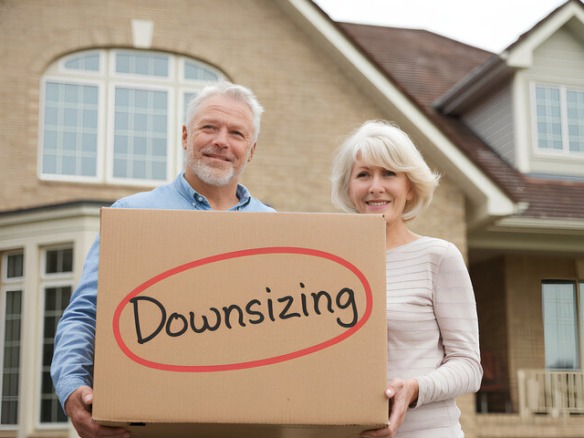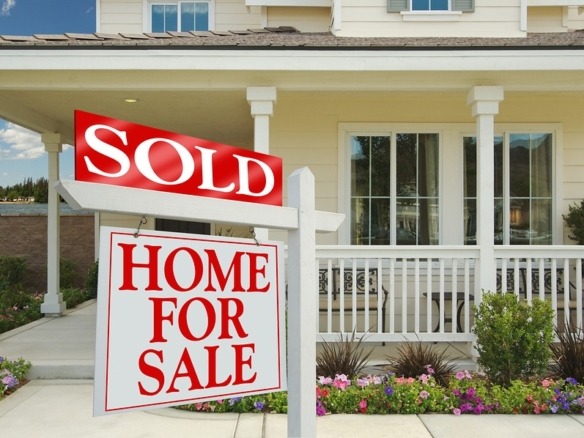You can do everything right when selling your home, but if you get your price wrong, your property can still fail to find a buyer. Whether you are in a boom period or in the middle of a market recovery, it is crucial to price your home realistically. What is realistic to you, though, can seem unfair to others.
According to research from eMoov (using Land Registry data), the average sold price in the UK is currently £207,000, far below the average asking price of properties listed on Rightmove (£281,000).
56 per cent of respondents told eMoov they would follow their agent’s suggestion of a price, while 36 per cent said they would ask for a higher price than an agent’s recommendation. This rose to 41 per cent in London, where 3 in 10 said that getting their highest possible price was their priority. Only 5 per cent said they would list at a lower price than an agent’s quote.
What, then, is the secret to realistically pricing your home? Follow these eight simple steps:
1. Forget your original purchase amount
The amount you originally paid for your property may feel important, but it could not be more irrelevant: the market has changed since then, which means that factors affecting your home’s value have also shifted. Demand could be higher. There could be fewer other properties on the market. Your property may have had improvements made to it, which could boost its value, or it may not be in the best condition, which could cause its value to have fallen. Remove any preconceptions and you will be able to calculate a more accurate current price.
2. Use online calculators
Online calculators are available to check the estimated value of your home. As these are free, do not waste an opportunity to get a rough ball park figure of your property’s worth, although as data uses by property portals can be out of date, take them with a pinch of salt.
3. Do not just look at average asking prices
Finding out the going market rate is important to pricing your property fairly and attractively to buyers. While you can compare your home to other asking prices in the area, though, it is important to also look at the average sales price nearby: how much did properties successfully sell for? And was this lower or close to the asking price?
4. Get advice from agents
As well as looking at services from an online estate agent, make sure you contact local estate agents for information – they can offer you a quote on your home’s value for free, as well as an idea of what commission they would charge, should you choose to use their services. Ask for valuations from at least three agents to give you a broader, more accurate picture of what your home can be priced at. Most importantly, do not just pick the highest: ask the agents to justify their valuation and pick the one with the most realistic, logical explanation.
5. Don’t start high
Traditionally, people will expect you to list a house price at a higher level than your eventual sales price, with an eye to negotiating a better fee. In the Internet era, though, buyers are more informed than ever: they can see what you can in terms of typical asking and sales prices, and can judge whether your asking price is fair. With your property listing getting the most attention in the initial weeks after it hits the market, over-pricing will only deter buyers during your busiest window.
6. Avoid chains
One thing that can hinder a successful sale is the chain of buyers and sellers that can extend several homes down the line. 1 in 3 transactions fall through when part of a chain, a process that can leave your home stuck on the market for longer than intended, which can sometimes force some sellers to lower their price to attract attention once more.
7. Ask for a discount on your new home
If you are part of a chain, one thing that can help to balance the cost of selling your home is asking for a discount yourself: if a potential buyer of your home is negotiating a price that is £50,000 lower than you planned, try to negotiate your own, similar amount further up the chain. Even if you are not fetching the amount you originally wanted, you are not losing out overall.
8. Prepare your home
Once you have valued your home, make sure it is as prepared as possible for public exposure: tidy, clean and stage it for viewings and listing photographs to ensure that there is nothing else that can lower your asking price at a later stage.



